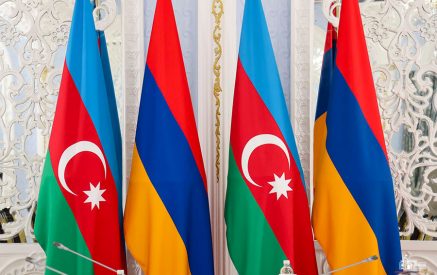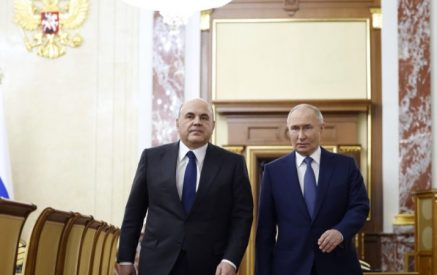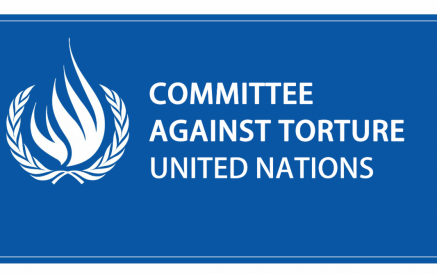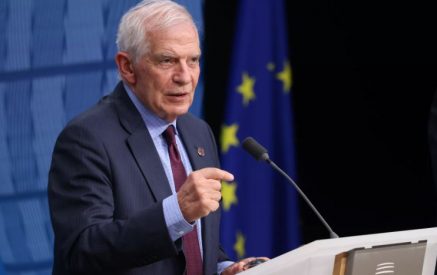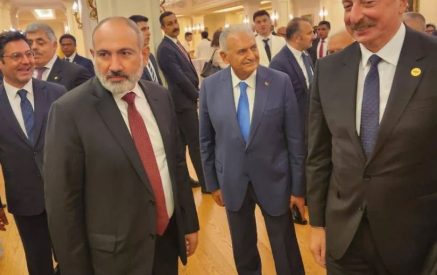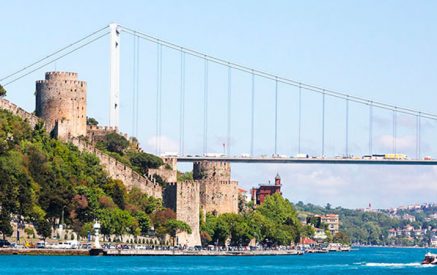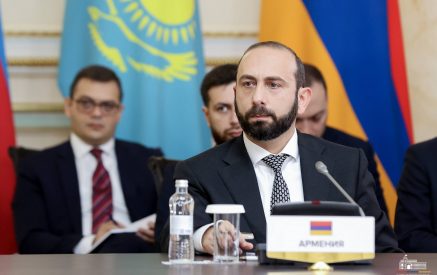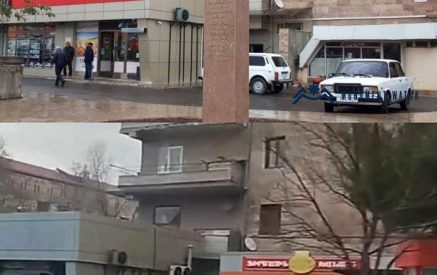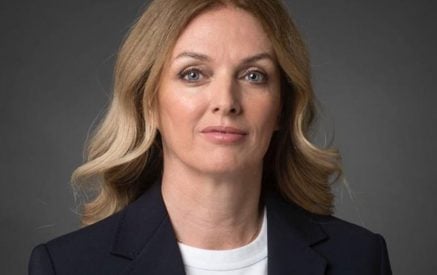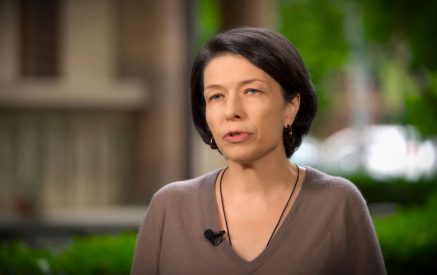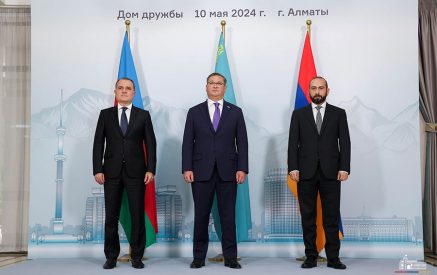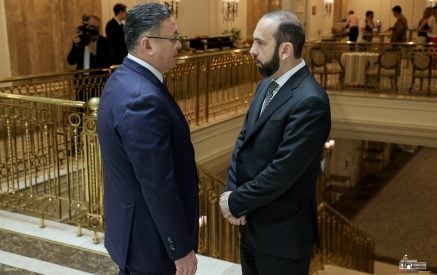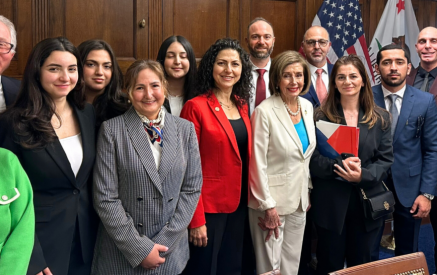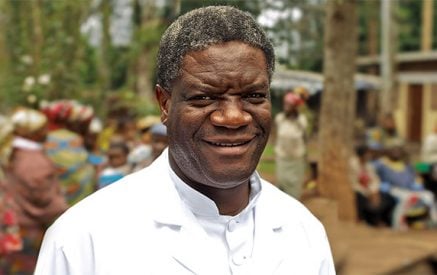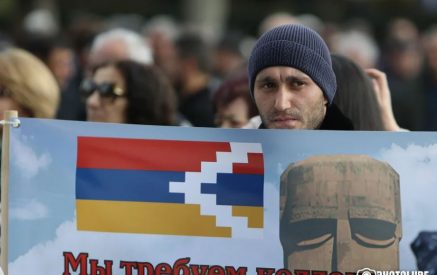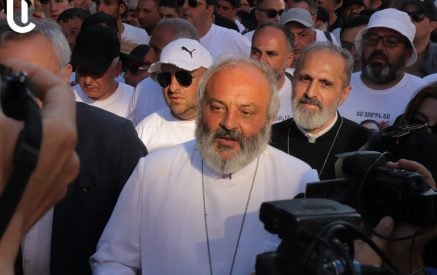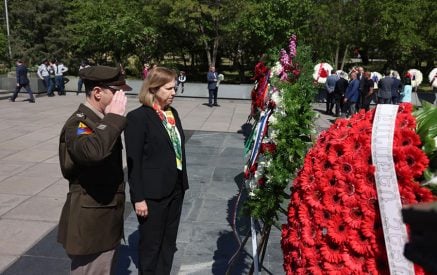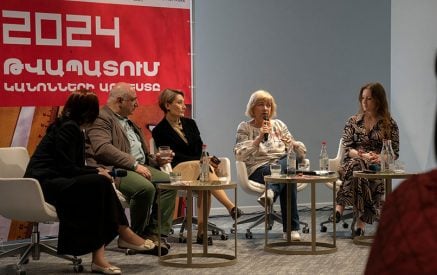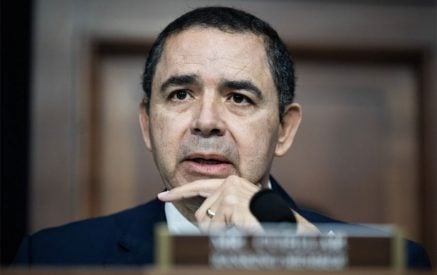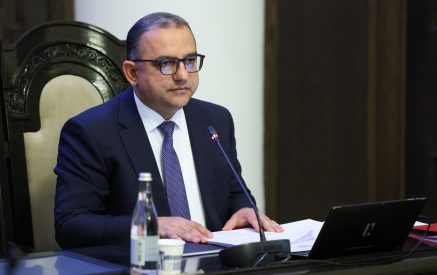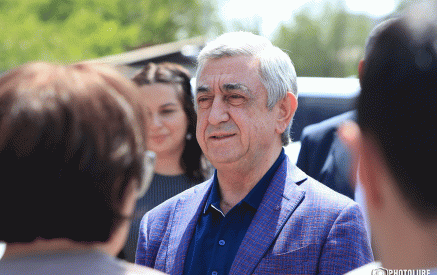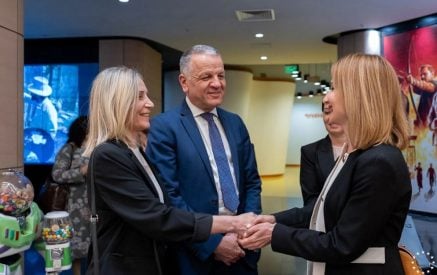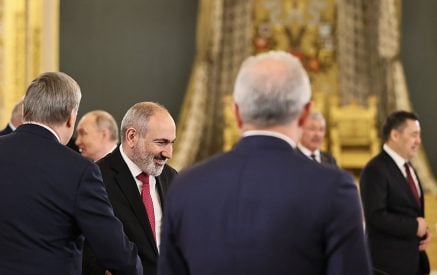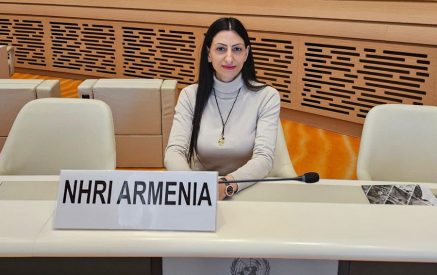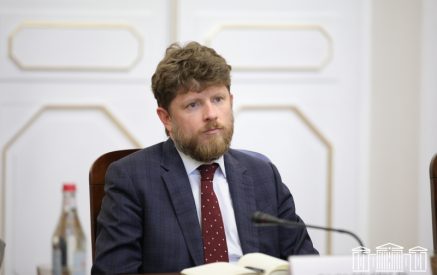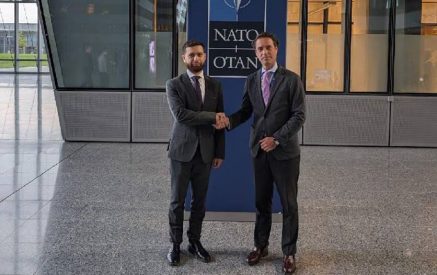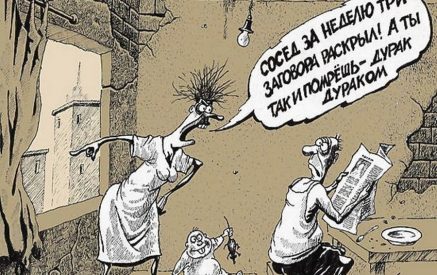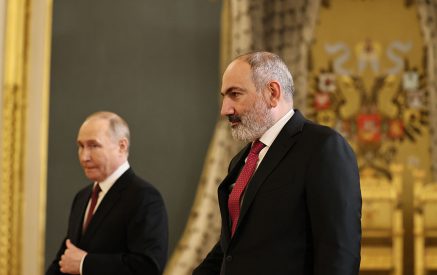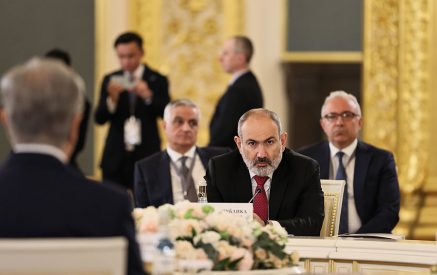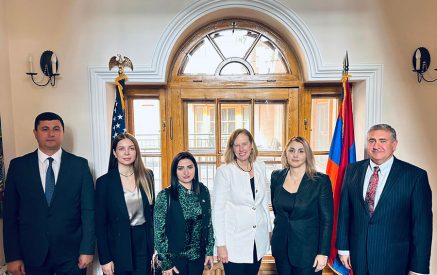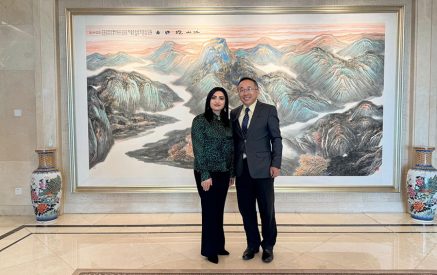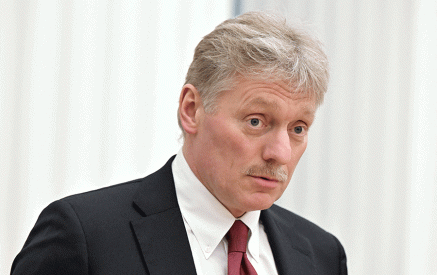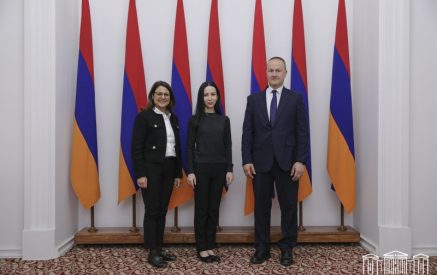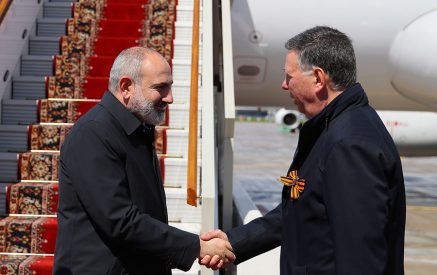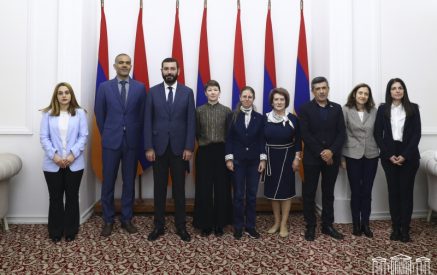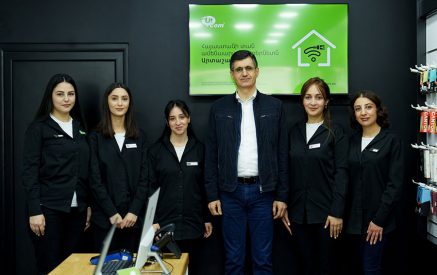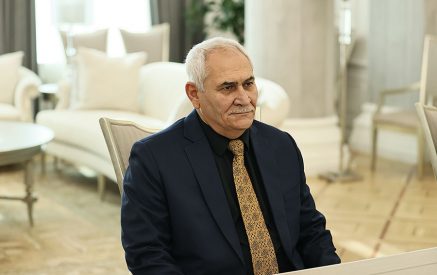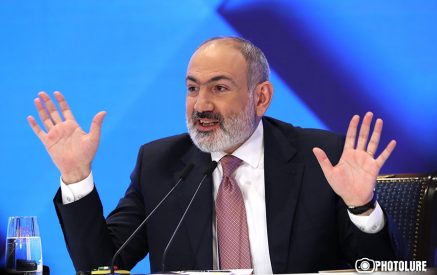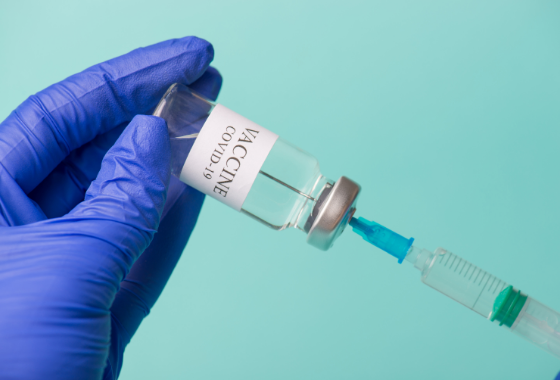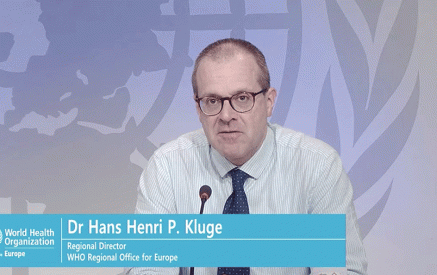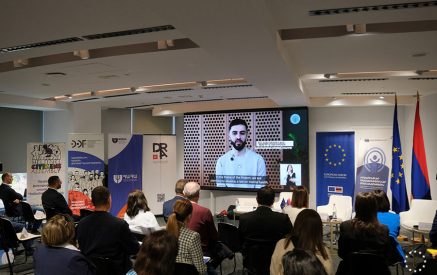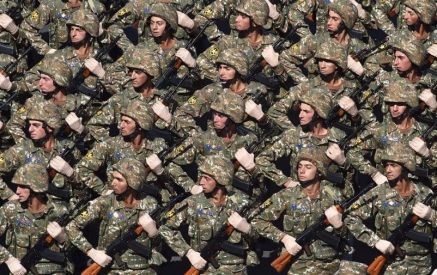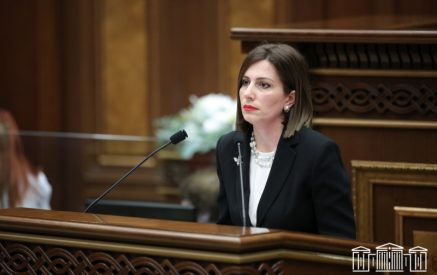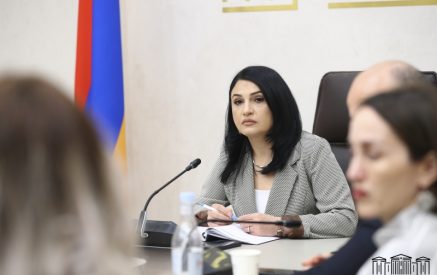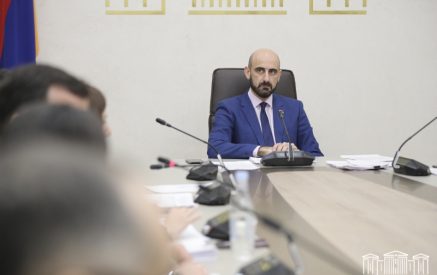As the world prepares to be vaccinated against COVID-19, PACE parliamentarians have heard from regulators, vaccine experts and ethicists about how to ensure a vaccine developed against the clock is safe, who should be first in line to receive it, how to ensure its fair distribution globally, and how to encourage its uptake in a world of complex science and misinformation.
The virtual hearing, organised by PACE’s Committee on Social Affairs, Health and Sustainable Development, brought together EU regulators, WHO officials and ethical authorities charged with deciding on priority groups, as well as academics who have studied public attitudes to vaccines.
Melanie Saville, Director of Vaccine and Research Development at the Coalition for Epidemic Preparedness Innovations, was first to take the floor and set the scene for the hearing by explaining why the development of a COVID-19 vaccine is necessary in order for us to return to “normal life”.
Marco Cavaleri, head of the office which evaluates new vaccines at the European Medicines Agency (EMA), spelled out in detail the process by which the EU is approving the COVID-19 vaccines that are to be rolled out soon in Europe. He explained some of the changes made to shorten the time for development, but reassured MPs that the benefit to public health of an immediate vaccine outweighed any risk caused by the more limited data from speedier studies.
Read also
Sarah Gilbert, Professor of Vaccinology at the University of Oxford, explained the different processes for making vaccines, using tried-and-tested methods, and testing them via animal studies and human trials. She underlined that even where more information was still needed – on the strength of the immune response, for example, or on the impact on particular groups – this should not prevent rollout to save lives.
Vladimir Kruglyi (Russia, NR), PACE’s Rapporteur on “vaccine hesitancy”, took the floor to inform about the development of the Sputnik vaccine, the approval process in Russia, and first indications of its effectiveness. He stressed the need for open and transparent information about the vaccine and how it would be administered.
Alena Buyx, Chair of the German Ethics Council, spoke about the work her body was doing on how to allocate the vaccine in Germany, given that there would not initially be enough stocks for everyone. She spelled out the ethical criteria underlying this choice – stopping deaths, protecting vulnerable individuals, and ensuring vital jobs continued to be done. Her Council was recommending that those in very high-risk groups, healthcare workers and other essential public workers should be among the first to receive the vaccine. Distribution should be as uniform and transparent as possible, to avoid queue-jumping and to build trust. Vaccination should not be compulsory, she said, but this should not be ruled out for certain small groups, such as health-workers facing high risk.
Emma Wheatley of CEPI, a global partnership of companies, governments, NGOs and philanthropists, explained how it had developed the COVAX programme together with Gavi, the vaccine alliance and the WHO to distribute COVID-19 vaccines equitably worldwide. She urged states to contribute financially, emphasising that nobody was safe until everybody was safe, and to follow WHO advice.
Tim Nguyen, Head of Unit for High Impact Events in the Global Infectious Hazard Preparedness Department of the WHO, who manages the Epidemics Information Network, addressed the scale of the challenge in persuading the world to take COVID-19 vaccines. One 2019 Facebook study of a million users had found that up to 80 per cent were undecided on vaccination, with minority groups both for and against them. But he warned: “Those who are against vaccination are better at reaching the undecided.” It was important to listen to and respond to concerns, distil complex science into clear and accessible information, work with trusted amplifiers in communities, and build resilience against misinformation. “It’s important to build trust not just in the vaccine but in those who will administer it,” he underlined.
Heidi Larson, a Professor of Anthropology, Risk and Decision Science at the London School of Hygiene and Tropical Medicine, said listening to concerns over vaccines was key: “Resistance comes when people feel they are not heard.” She pointed out that in some countries even high numbers of doctors were not yet ready to take or prescribe a COVID-19 vaccine. Vaccine opinions were highly volatile, she said, but often bound up with wider views on the trustworthiness of governments or big business: “We need to bring people along on this journey.”
Summarising, Jennifer De Temmerman (France, ALDE), the Chair of PACE’s Sub-Committee on Public Health and Sustainable Development, said the public needed reassurance that the COVID-19 vaccine would be safely produced and fairly distributed, with equity and transparency as the guiding principles in this huge task. Her introductory memorandum on this topic was declassified by the committee, with a full report due by the end of the year.
PACE


